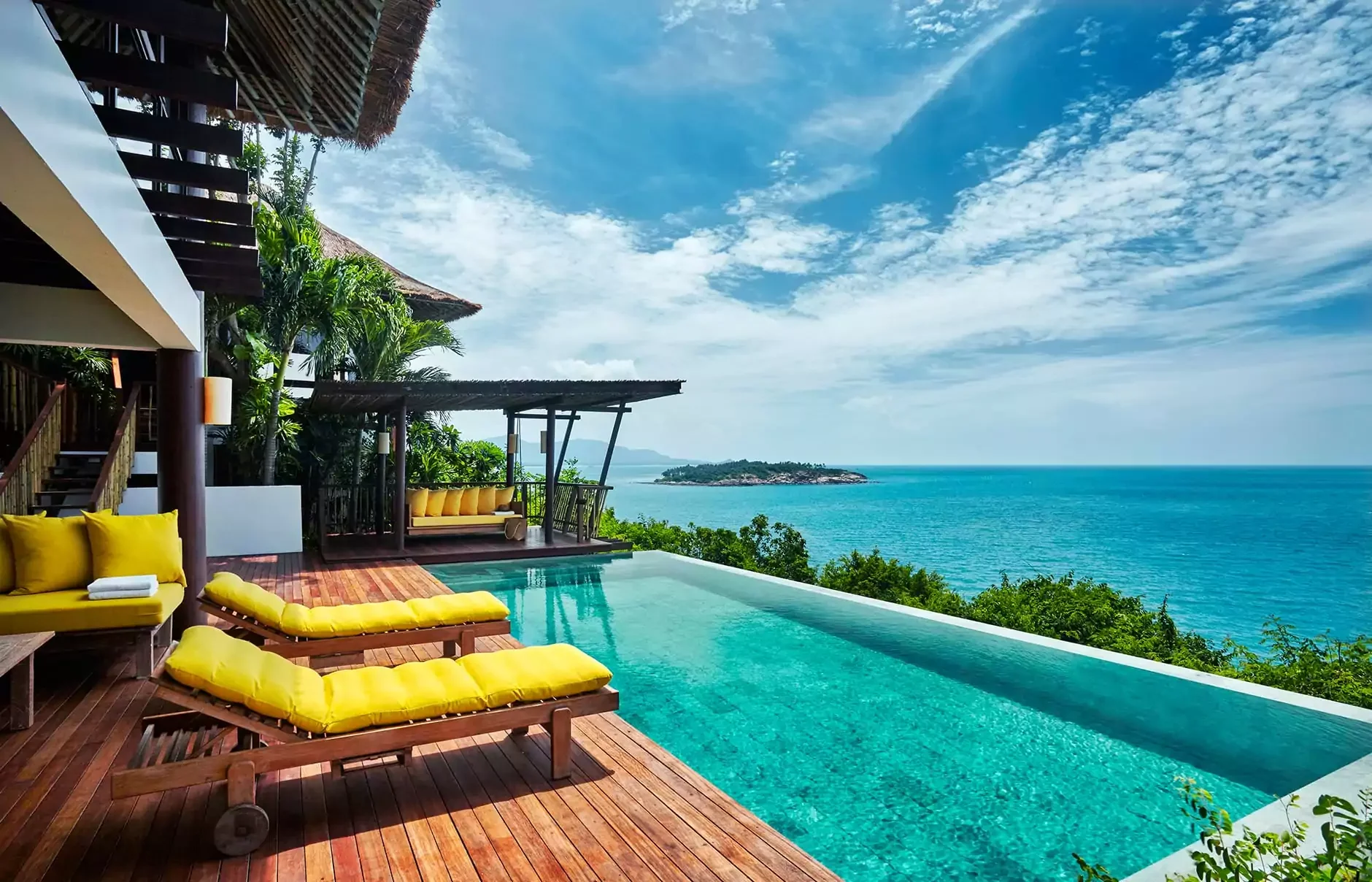Movement as Medicine: Why Hotels Can’t Ignore the Mental Health Research
In recent years, research has become increasingly clear: physical movement isn’t just a fitness perk or luxury amenity, it’s fundamental medicine for mental health.
As more travelers seek out wellness experiences, hotels that integrate movement-based offerings are not only enhancing guest satisfaction, but also positioning themselves as leaders in addressing one of the most pressing health challenges of our time.
Key Research: What We Know So Far
Several landmark studies highlight just how powerful movement can be:
A large umbrella review in the British Journal of Sports Medicine analyzed 97 systematic reviews covering more than 1,000 trials and 128,000+ participants. The results show that physical activity significantly reduces symptoms of depression, anxiety, and psychological distress, often more effectively than medication or therapy alone.
Researchers noted that moderate to vigorous activity (walking, cycling, yoga, resistance training) produced the largest improvements, and benefits were seen in interventions lasting just 12 weeks or less.
A UK Biobank cohort study found that replacing as little as one hour of sedentary time per day with moderate-to-vigorous movement reduced depressive symptoms by ~13%. Similar improvements were observed for anxiety when sedentary time was replaced with more active behaviors or even additional sleep.
The evidence is clear: even relatively small shifts — a short walk, light stretching, or a few minutes of daily activity — can deliver outsized benefits for mental health.
Why Mental Health Belongs on the Hospitality Agenda
Hotels are uniquely positioned to influence guest wellbeing in ways few other industries can:
Travel disrupts routines: Long flights, jet lag, and extended sitting often increase stress and fatigue. Providing opportunities to move helps counteract these effects.
Hospitality spaces inspire wellness: Hotels already offer gardens, pools, terraces, and meeting rooms, all of which can be activated as restorative environments for mindful movement.
Guest expectations are shifting: Wellness travel is now a multi-billion-dollar market. Today’s guests seek more than spas; they expect holistic support for mental health and wellbeing.
Wellness drives ROI: Movement-based programs not only improve guest satisfaction and reviews but can extend stays, attract wellness-minded travelers, and generate new revenue streams.
A broader responsibility: With mental health challenges rising globally, hotels that provide supportive environments are contributing to healthier communities, while also strengthening their brand positioning.
What Hotels Are Already Doing — and Simple Steps That Work
Some hotels around the world are already weaving movement into the guest experience in subtle but powerful ways:
Morning Movement Rituals: Properties like Six Senses and SHA Wellness Clinic offer complimentary sunrise yoga or guided walks. These short sessions reset circadian rhythms, reduce travel fatigue, and cost little to implement.
In-Room Wellness Touches: Boutique hotels such as 1 Hotels place yoga mats in every room, encouraging guests to stretch or follow virtual movement classes without leaving their suite.
Activating Outdoor Spaces: Resorts in destinations like Bali and Costa Rica guide guests on nature walks, forest bathing, or beachside tai chi — taking advantage of natural surroundings with minimal equipment.
Micro-Movement Prompts: Urban hotels, like Even Hotels (IHG’s wellness brand), integrate resistance bands, standing desks, and movement cards directly into guestrooms, encouraging small bursts of activity that combat sedentary travel.
These examples demonstrate that supporting mental health through movement doesn’t always require major investments. Even small gestures like offering a stretch class, equipping rooms with mats, or leading a short evening walk, can leave a lasting impression on guest wellbeing.
Why We Work With Hotels on This
At Elevate Wellness Collective, we believe movement is not an add-on; it’s a core element of modern hospitality. That’s why we partner with hotel owners and operators to:
Design research-backed wellness programs that are low-cost, scalable, and operationally feasible.
Translate science into strategy, ensuring movement offerings align with both guest demand and brand positioning.
Train staff to encourage guest participation in ways that feel authentic, supportive, and brand-consistent.
Measure outcomes like guest satisfaction, wellness engagement, and incremental revenue so owners see a clear return on investment.
The Takeaway for Hotel Owners
For hoteliers looking to differentiate in a competitive market, the message is simple:
Movement is medicine: and the science backs it.
Small steps matter: even light programming can meaningfully enhance guest wellbeing.
Low-cost initiatives deliver high value: wellness programming doesn’t require a spa renovation to make an impact.
Differentiation pays off: hotels that prioritize movement and mental health stand out, attract loyalty, and unlock new revenue opportunities.
✨ The research proves it: movement is medicine for the mind. Hotels that embrace this science are not just serving their guests, they’re setting a new standard for wellness in hospitality. If you’re ready to explore how movement-based programming can elevate your property, our team at Elevate Wellness Collective is here to guide you.


